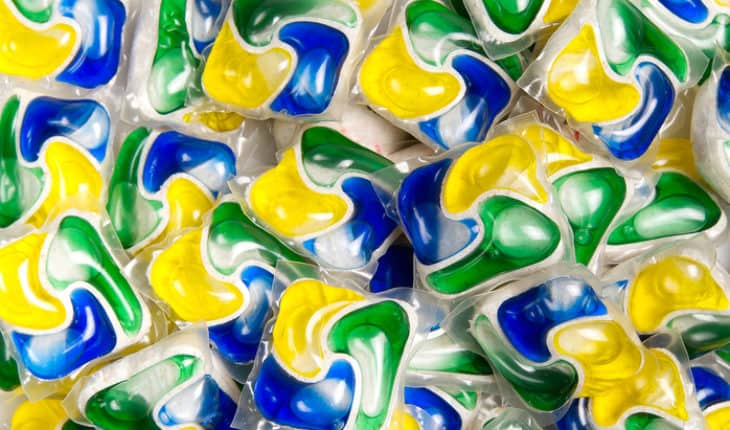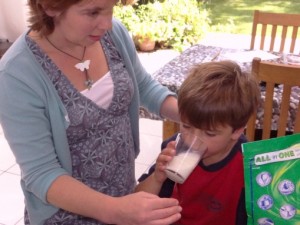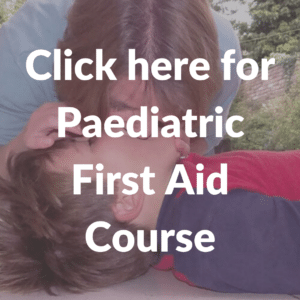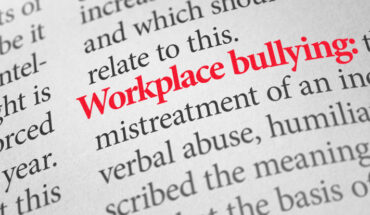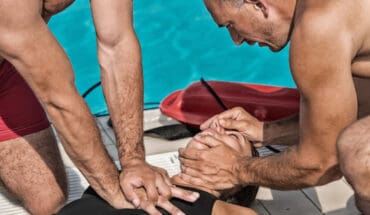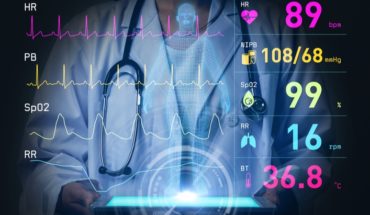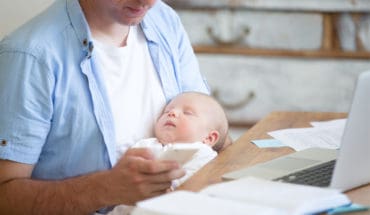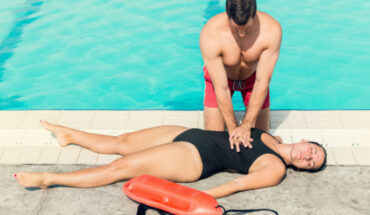The accidental ingestion of liquitabs caused the hospitalisation of nearly 1500 children last year. Some of those admitted required ventilation in Intensive Care and a couple required re-constructive surgery. Learn more here about what to do with first aid advice from @FirstAidForLife
Liquitabs look incredibly appealing to little ones. Please store them safely; well out of sight and reach in a locked cupboard. ROSPA are so concerned that they have been handing out safety kits and specific advice.
Reassure and Rinse
If you find a child has put a liquitab or dishwasher tablet or some other corrosive substance in their mouth – keep as calm as you can.
Reassure them, remove any visible substance and rinse away any visible substance on their face or hands. If you think they have eaten or swallowed a corrosive substance, phone the emergency services.
If a child was to mistake a liquitab for a sweet it could cause serious damage. Cleaning products are extremely alkaline and can burn the skin fast.
Swill with milk or water
If a child has put a liquitab in their mouth it is important to remove it and rinse the product away as quickly as you can. Protect yourself if possible, but attend to them fast. If they have swallowed some of the product, ideally get them to swill milk or water around their mouth. Make them spit it out and then give them small sips of milk or water to dilute the product down their throat. DO NOT MAKE THEM SICK as this will cause them to burn again as the corrosive product comes back up.
Phone for an ambulance and keep giving them small sips of milk or water.
Look at the box that the substance has come from and read the advice in case of accidental ingestion.
Unable to breathe
If they have swallowed some of the product, it is possible that it will have burnt both their oesophagus and their airway. This can lead to their airway swelling and becoming obstructed so that they are unable to breathe. If this happens and they go unconscious and stop breathing, you will need to resuscitate them by giving them breaths followed by chest compressions. It is important that you protect yourself when giving the breaths – this can be done with a pocket mask or plastic bag with a hole in it – cover the mouth with the bag and breath through the hole in the bag into the nose – thereby protecting yourself and ensuring that you are not burnt as well. Keep the paramedics updated.
When the ambulance takes you to hospital, take the box of tablets and the remains of any tablet they have swallowed as this will help the doctors to treat them in the best way possible.
Useful Poisoning Advice for Parents
Some common household chemicals are incredibly toxic to children and can cause seizures, vomiting, blurred vision, acute anaphylaxis and can be fatal.
- Keep all potentially harmful substances out of reach of small children and ideally in a locked cupboard. This includes liquitabs, dishwasher and washing machine tablets, medicines, alcohol, cosmetics, DIY supplies, cleaning and gardening products and potentially poisonous plants.
- Never decant medication or any other products into different containers. Always use the original containers, clearly labelled, ideally with childproof lids.
- Keep batteries out of reach of small children and ensure that batteries in toys and gadgets are firmly secured. Batteries can burn a child’s intestine, causing irreparable damage.
- Fit carbon monoxide alarms and have appliances and alarms regularly checked.
- Tidy up straight after a party as little ones are likely to be the first up and could easily finish the dregs of drinks and help themselves to anything else before you’re even awake.
- Be careful of other people’s handbags left accessible to children as they could have numerous potentially lethal hazards inside.
- Choose cleaning products containing Bitrex which is bitter to discourage children from drinking the substances. Children can easily mistake liquitabs for a sweets. Keep them out of site and don’t be tempted to leave them in the door of the machine. Cleaning products are strong alkali and burn.
- Don’t let children eat any plants in the house, garden or countryside.
- Store medication carefully, be particularly careful with birth control pills and analgesics that are commonly kept on the bedside cabinet.
First Aid for Life provide award-winning first aid training tailored to your needs. Please visit our site and learn more about our practical and online courses. It is vital to keep your skills current and refreshed. We are currently providing essential training for individuals and groups across the UK. In addition, we have a great range of online courses. These are ideal as refreshers for regulated qualifications or as Appointed Person qualifications.
You can attend a fully regulated Practical or Online First Aid course to understand what to do in a medical emergency. Please visit https://firstaidforlife.org.uk or call 0208 675 4036 for more information about our courses.
First Aid for Life is a multi-award-winning, fully regulated first aid training provider. Our trainers are highly experienced medical, health and emergency services professionals. They will tailor the training to your needs. Courses for groups or individuals at our venue or yours.
First Aid for life provides this information for guidance only. It is not in any way a substitute for medical advice. We are not responsible or liable for any diagnosis made, or actions taken on this information.
- What is a seizure? - 13th March 2025
- Febrile Convulsions and Seizures in Children - 13th March 2025
- Why women are less likely to receive CPR or survive cardiac arrest - 6th March 2025

